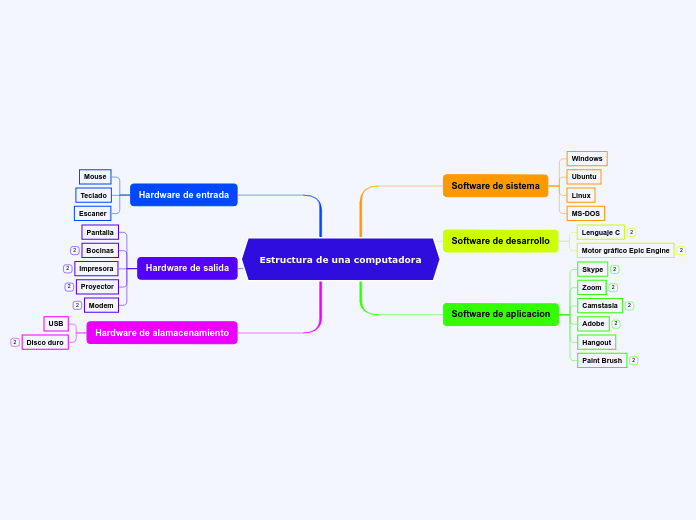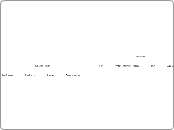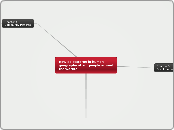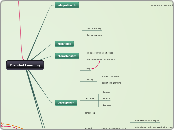Estructura de una computadora
The part of speech is a category to which a word is assigned according to its syntactic functions. In English the main parts of speech are noun, pronoun, adjective, determiner, verb, adverb, preposition, conjunction, and interjection.
Hardware de alamacenamiento
A conjunction is a word like 'if' 'but' or 'and' which is used to connect sentences or clauses together.
Disco duro
Subordinating conjunctions are conjunctions that are used at the beginning of subordinate clauses. Some examples of these conjunctions are: although, after, before, because, how, if, once, since, so that, until, unless, when etc.
Although it was raining, I went out.
USB
Coordinating conjunctions always connect phrases, words, and clauses. They are: for, and, nor, but, or, yet, so.
Hardware de salida
A preposition is one of the most exciting parts of grammar. A preposition is used to describe the location of something in relation to something else.
Modem
A group of words used with the force of a single preposition is called phrase preposition.
according to, by means of, owing to, with a view to, in place of, in front of, etc.
Proyector
Participle preposition consists of words that end in “ing”.
regarding, barring, concerning, considering, etc.
Impresora
When a preposition consists of more than one word, it is called double preposition.
into, within, upto etc.
Bocinas
Compound preposition consists of two or more words.
on behalf of, according to, in front of, from across, etc.
Pantalla
Hardware de entrada
An interjection is used to express emotion in a sentence.
Think of other interjections!
Escaner
Teclado
Mouse
When a preposition consists of one word it is called single or simple preposition.
Software de aplicacion
A pronoun is a word that can be used in place of a noun, typically after the noun itself has already been stated.
Paint Brush
Unlike demonstrative pronouns, which point out specific items, indefinite pronouns are used for non-specific things. This is the largest group of pronouns. All, some, any, several, anyone, nobody, each, both, few, either, none, one, and no one are the most common.
None, Several
Hangout
Reciprocal pronouns are used for actions or feelings that are reciprocated. The reciprocal pronouns are each other and one another.
Adobe
A reflexive pronoun ends with ...self or ...selves and refers to another noun or pronoun in the sentence (usually the subject of the sentence). The reflexive pronouns are myself, yourself, herself, himself, itself, ourselves, yourselves, and themselves.
Itself, Himself
Camstasia
Demonstrative pronouns are used to demonstrate (or indicate). This, that, these, and those are all demonstrative pronouns.
This, These
Zoom
Possessive pronouns are used to show possession. The possessive pronouns are mine, yours, his, hers, ours, and theirs.
His, Your
Skype
The personal pronouns are I, you, he, she, it, we, they. More often than not (but certainly not always), they replace nouns representing people.
He, They
Software de desarrollo
An adjective is a word that's used to describe a specific noun and to provide more detail to the listener.
Motor gráfico Epic Engine
Superlative adjectives demonstrate a higher level of comparison between entities.
She is the prettiest princess.
Lenguaje C
Expresses a comparison between two entities or groups of entities in quality or degree.
Create sentences
He is taller than she is.
Software de sistema
A noun is defined as a person, place, thing or idea. Proper nouns always begin with a capital letter. Common nouns, which are general words, such as 'cars,' are not capitalized.
MS-DOS
Compound nouns are words where two nouns have been stuck together to make a new noun. Compound nouns should be written as one word, without a hyphen.
Linux
A noun which refers to a group of things/people.
Ubuntu
Countable nouns are nouns that can be counted, even if the number might be extraordinarily high.
Uncountable nouns are nouns that come in a state or quantity which is impossible to count; liquids are uncountable, as are things which act
like liquids.
Windows
Proper nouns are the names of specific people or places. They should always begin with a capital letter.









